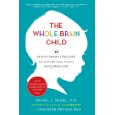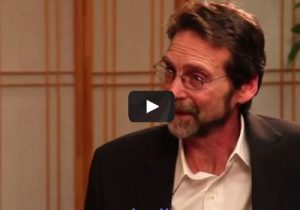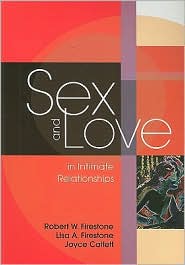VIDEO: Dr. Kirk Schneider – Awe Based Wisdom Through the Ages
Watch an excerpt from PsychAlive’s interview with Dr. Kirk Schneider.
Dr. Kirk Schneider talks about various wisdom traditions throughout history and how it relates to a sense of awe.
KS: Part of it is drawing from the cross-cultural wisdom, awe based wisdom that’s in every one of those power centers I was just critiquing through history; that they each have elements of their culture that have done this very thing. They’ve intervened, usually with a kind of mystical or spiritual, I would say, agnosticism almost.
Karen Armstrong talks about the significance of mystical agnosticism through history, how little it’s valued, how little we know about it. We know much more about the traditional religions generally speaking and we draw from those. But we don’t scrutinize nearly enough the smaller groups who develop ways to become more present to life and to deal with their tragic circumstances, in a whole-bodied, more aware way.
And I would say people like Jesus, Buddha, perhaps Job and more contemporary examples are, you know, Gandhi and King. These are individuals but there are certainly pockets – I would say usually in the more mystical wings of each of the great religions – and great philosophies also, in ancient Rome and Greece, for example, that were questioning, you know, the imperialism of the leaders in the majority of the culture, Socrates being a great example, being a prod on the state, challenging people to look to the meaningful things in their life, questioning, doing a deeper reflection.
For me, most of these wisdom traditions come out of, first of all, a capacity for a sense of awe toward living, that basic sense and realization of one’s humility, one’s fragility in living, but also one’s greatness, one’s capacity to participate in something much more. And to work with those paradoxes, to hold those paradoxes and actually learn to be enriched from those paradoxes, to realize that there’s a great deal of richness to that kind of living.
It’s the whole enchilada rather than half-baked, you know what I mean? I think this is what people who have developed meditative traditions or sometimes dancing traditions or the Sufis, from what I understand, poetic traditions, literary traditions, the people who do great art. You see it in what some great films are pointing to. They’re pointing to a new way of living that is much fuller, that’s more sensitive to oneself, to others. New possibilities for living, communally and individually that could bring us a whole new discovery.
Tags: self-awareness, video, videos









Leave a Reply
You must be logged in to post a comment.